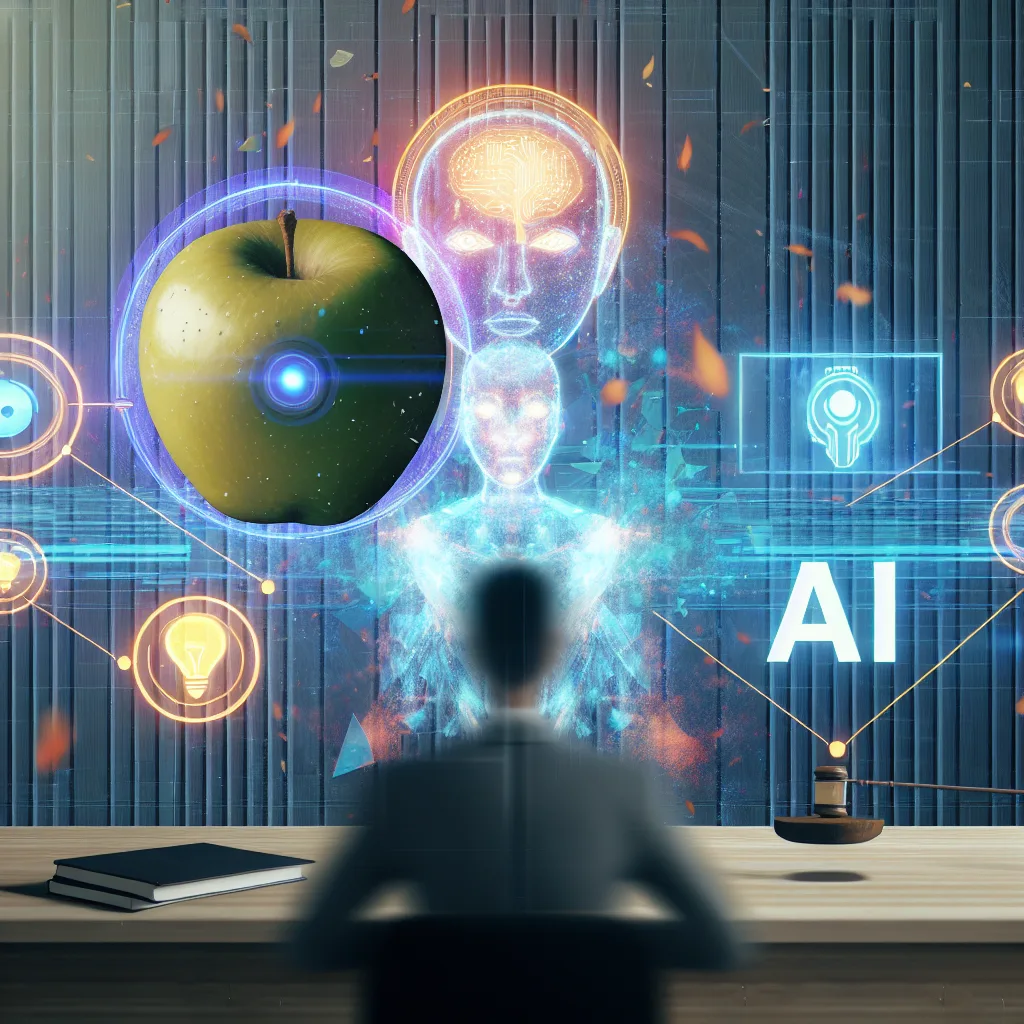Understanding the legal battle reshaping AI competition and the App Store landscape
If you’ve been following the world of AI and tech giants, you might have heard about a new legal drama unfolding involving Elon Musk’s AI startup called xAI. Recently, xAI filed a lawsuit against Apple and OpenAI, claiming they’re working together in a way that blocks fair competition in the AI space. It’s a classic David versus Goliath moment—and it’s bringing up some interesting questions about how AI innovation is governed, especially on platforms like the App Store.
What’s Behind the xAI Lawsuit?
The gist of the xAI lawsuit is that Apple and OpenAI have supposedly locked up the market for premium AI applications in a way that prevents other competitors from rising. xAI alleges that Apple’s exclusive deal with OpenAI means the company promotes OpenAI’s ChatGPT platform heavily—making it really tough for other AI apps, including xAI’s own offerings like the X app and Grok chatbot, to get noticed or ranked high on the Apple App Store.
Elon Musk, who has always been a loud voice in the tech world, had earlier suggested Apple’s behavior is purposely keeping any AI company besides OpenAI from hitting number one on the App Store charts. To put it simply: xAI claims Apple and OpenAI are making the AI space less competitive by locking down key distribution channels.
Why Does This Matter?
This lawsuit isn’t just about one app or company trying to beat another. It highlights how big tech companies might use their platform power to shape which AI products succeed. Apple’s App Store is a primary gatekeeper for apps reaching millions of users, so how it ranks or features AI apps can make a huge difference.
Beyond that, the case is part of a larger debate over monopolistic practices within the tech industry. For years, Apple’s App Store policies have been under scrutiny—from the Oculus Epic Games lawsuit about app payments to this new challenge involving AI startups.
What’s at Stake for AI Innovation?
For startups like xAI, the ability to compete fairly is crucial. xAI, which launched less than two years ago and even acquired the social media platform X earlier this year, is trying to carve out its own space amid giants like OpenAI (backed by Microsoft) and other global players. If Apple’s partnerships limit which AI tools are easily discoverable and usable, it could stifle new ideas and slow down innovation.
Also, Musk’s involvement adds another layer of intrigue. He’s not just running xAI; he’s also sued OpenAI separately over a dispute about their shift from nonprofit to for-profit status—showing how complex and competitive the AI landscape has become.
What Does This Mean for You?
If you use AI-powered apps on your Apple devices, this legal wrangling could influence which apps you see or can use in the future. The case may push for more openness in the App Store, potentially offering you more diverse AI tools over time.
Meanwhile, it’s worth keeping an eye on how this and other lawsuits might impact tech policies and your everyday digital experiences.
Where to Learn More
- For the latest on Apple’s App Store policies, check out Apple’s official developer site.
- To understand OpenAI and its AI work, visit OpenAI’s website.
- For broader context on tech antitrust lawsuits, The Verge offers in-depth coverage.
In the end, the xAI lawsuit against Apple and OpenAI is more than just a headline—it’s a peek into the fierce battles behind the scenes that shape the future of technology we all depend on. It might be messy, but it’s definitely something worth following.
